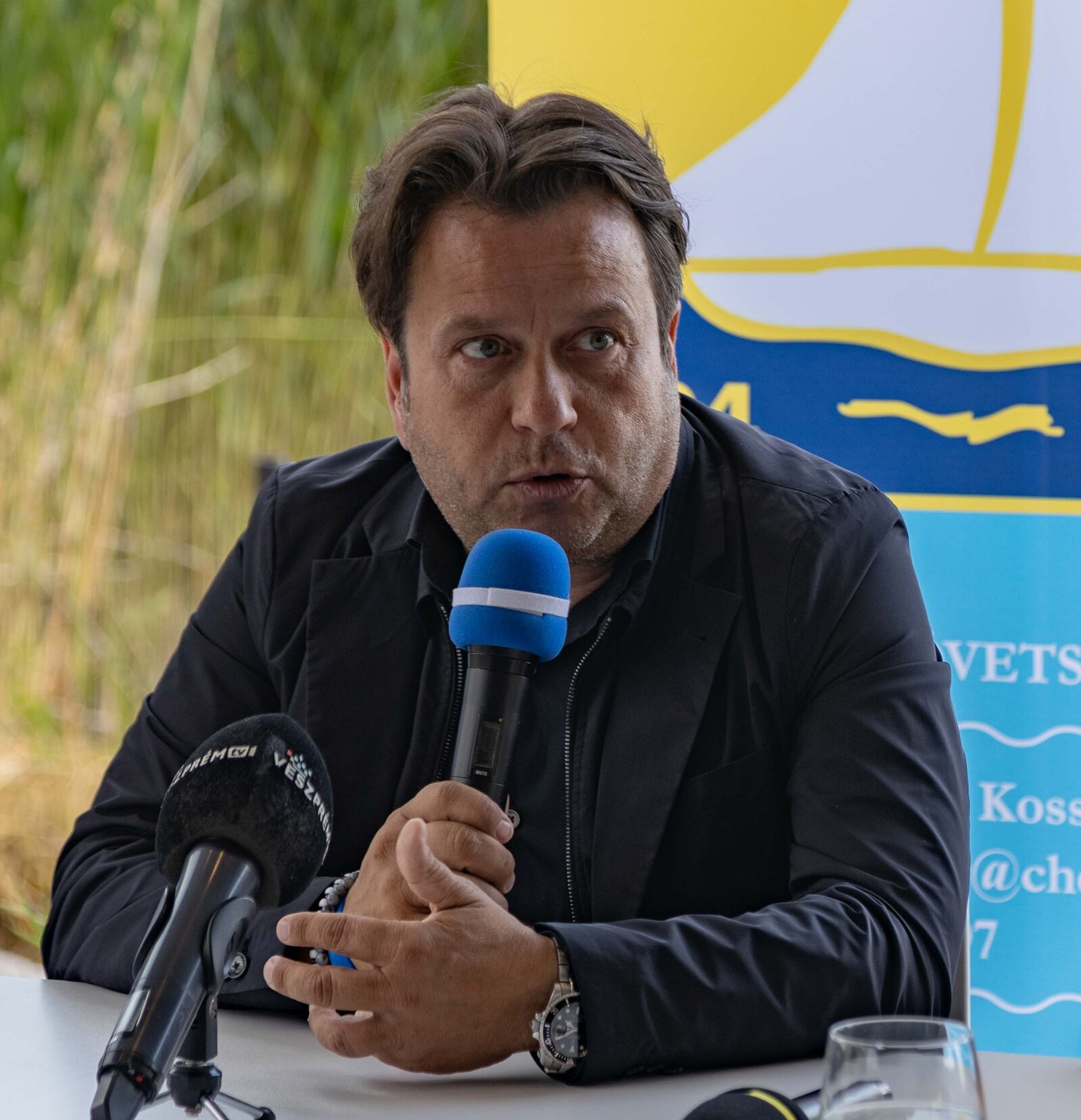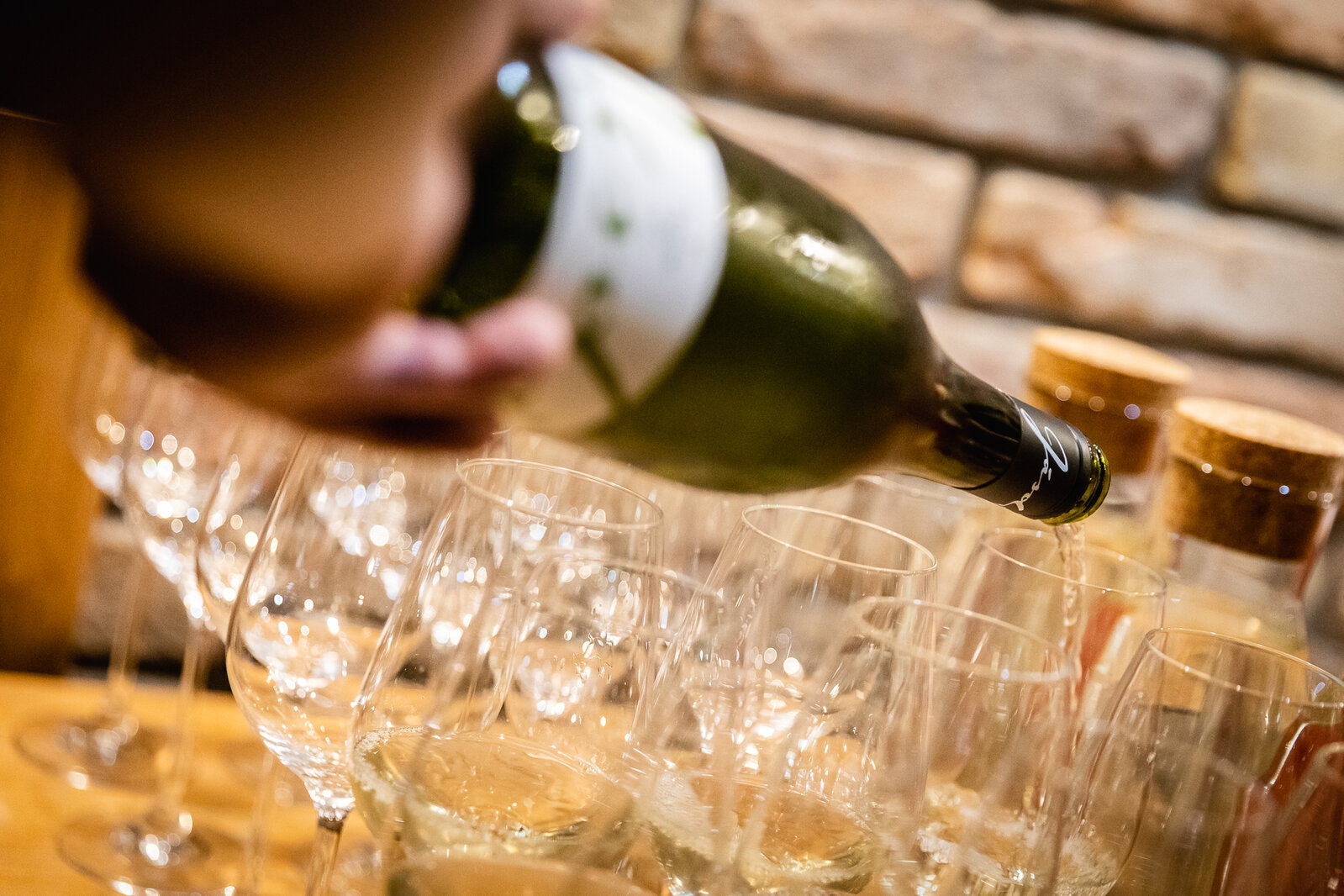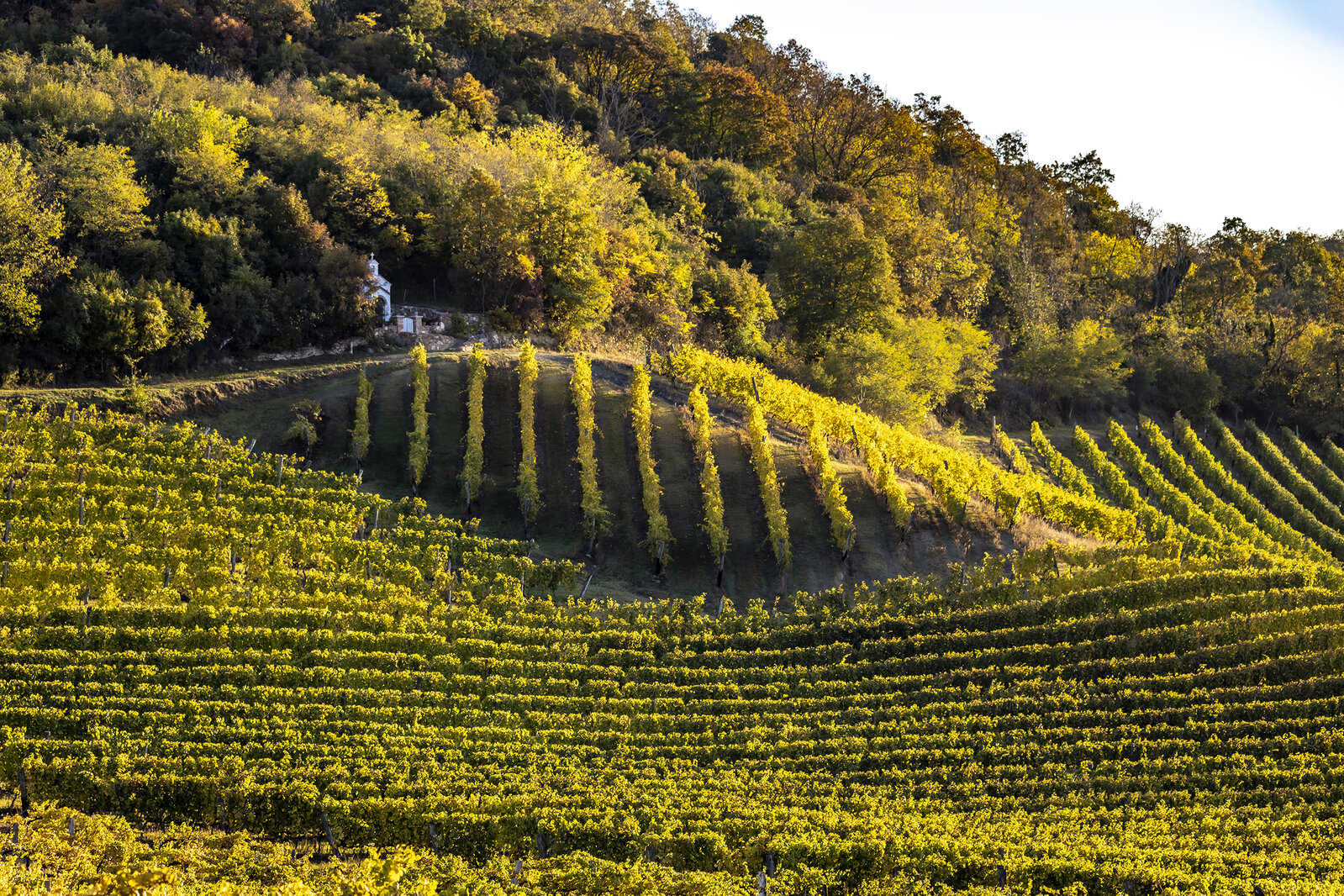"Diversity is an Advantage for the Balaton Wine Region" – Attila Fiáth, Jury Chairman of the Balaton Wine Competition
The 19th Balaton Wine Competition (in Hungarian: Balatoni Borok Versenye) was held in Balatonfüred at the end of May, and the results will be announced on 15 June. We will soon know which are the best white, red, rosé, dessert, sparkling and fizzy wines of Lake Balaton and which one will be declared the official wine of Veszprém and the Veszprém-Balaton 2023 European Capital of Culture Programme.

Attila Fiáth, the Jury Chairman, has a degree in economics. He is a professor at Corvinus University in Budapest and an international wine academician. In his opinion, the Balaton Wine Competition is more than a competition; it is an opportunity and an important forum for meetings of winemakers.
The emphasis is not necessarily on the awards, but rather on providing feedback to winemakers on how the jury of locals and outsiders rate their wines.
What makes this competition special, he points out, is that wines come from all six sub-regions - Balatonfüred-Csopak, Balaton-Highlands, Badacsony, Nagy-Somló, Zala and Balatonboglár -, clearly demonstrating how colourful and multi-faceted the Lake Balaton region is.
The advantage of the Balaton wine region is, without a doubt, its diversity. Diversity is not something I usually appreciate for all regions because having too many different styles is not always advantageous. Lake Balaton, however, is an exception. One can't disregard the fact that it is a major tourist destination, and where there is much tourism, there must necessarily be more than one style. The offer of such a large tourist region should not be based on only one type of wine
- he explains.

The judges assessed the wines in the competition according to the classic 100-point system. The tasting was "half-blind", i.e., the judges only knew what type of wine they were tasting but had no further information on the samples. The seven judges ranked the wines according to the scores of the different varieties. Where the results did not produce a clear winner, a so-called "super jury" passed judgement on the finalists in question, again "half-blind" in a second round.
Personally, I felt there was a lack of a stronger presence of Welschrieslings in the competition. It is the wine of Lake Balaton, so it must be excellent. I think that one lesson of the competition is that there is still room for improvement, not primarily in the sense of raising the quality even higher, but rather in having more producers offer evenly elegant and lighter wines
- he says.
He also pointed out that there were very few entrants of the exceptional local varieties such as Juhfark, Furmint and Kéknyelű, the high-quality wines produced in limited quantities. He felt this was a shortcoming, and due to the low number of entries, there was no chance of judging them.
There were also relatively few sparkling wines. I think there will be more of these coming in the future because people like them and other wine regions also produce more and more. I'm not necessarily talking about traditional champagne-type sparkling wines, but fizzy wines could become popular at Balaton because they suit the lakeside atmosphere. The red wines were also of good quality, fruity and light.

Attila has a very favourable opinion of the Balaton wine region and highlights its climatic conditions as a notable advantage: the soil structure of the north shore favours mineralised, more serious white wines, while the south coast produces lighter, fruitier reds.
I've recently tasted some good red wines in northern Balaton, so I see potential in that, too. Rosé, which is selling well, has great potential. It is a very dynamic type, and there are lots of naturally fruity varieties in the region.
Attila says he has many personal ties to Lake Balaton. It is the wine region where he is most active these days. As a child, he spent almost all his summers by Lake Balaton at his grandparents' summer house in Balatonlelle, and to this day, the lake is an integral part of his life. He regularly commutes between Balaton and the capital. As a wine academician, he often participates in the region's competitions, tastings, and wine shows. As a professional mentor of the Balatoni Kör (Balaton Circle), he plays a considerable role in deciding which wines are stamped with the BalatonBor (BalatonWine) label each year.
Attila often refers to himself as a "wine stylist". Should he have to describe the Balaton wine region in a few words, he would highlight the light and likeable style.
I think this is the direction to follow. We very often tend to overthink wine and forget that it's a just a good beverage. People like to drink truly light, likeable, and good wines. I always advise winemakers to consider what consumers look for rather than what wine judges want. I don't mean to debunk the importance of competitions, but ultimately wine is made for consumers, not for competitions.
